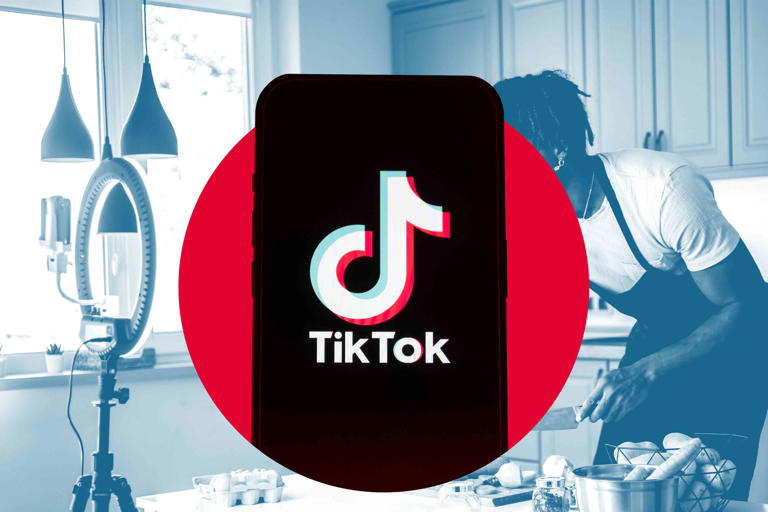The exponential rise of TikTok, boasting nearly two billion active users globally, with a significant portion hailing from the United States, marks it as a cultural juggernaut of the digital age. Its allure lies in its captivating blend of entertainment, creativity, and community engagement, encapsulated within short-form video content. However, beneath the surface of its immense popularity lies a nuanced landscape shaped by user behavior, regulatory scrutiny, and geopolitical tensions.
Despite TikTok’s staggering user base, Pew Research Center findings reveal a striking trend: while a substantial number of Americans engage with the platform as passive consumers, the majority refrain from actively contributing content. Instead, they assume the role of spectators, relying on a cadre of creators to curate a diverse array of content that not only entertains but also informs. Indeed, TikTok has transcended its origins as a mere entertainment platform to emerge as a formidable source of news and information for an increasing number of users, particularly among younger demographics.
Yet, the future of TikTok in the United States hangs in the balance, ensnared in a web of geopolitical tensions and concerns over national security and data privacy. Legislative action, culminating in a bill passed by Congress, presents ByteDance, TikTok’s parent company, with a binary choice: either divest its U.S. operations to a non-Chinese entity or face an outright ban. The impetus behind such measures stems from fears that TikTok may serve as a conduit for surreptitious data collection, potentially compromising national interests and individual privacy.
Central to these apprehensions is the specter of algorithmic manipulation and the dissemination of misinformation—a phenomenon not unique to TikTok but amplified by its pervasive reach and influence. Instances of misinformation abound across social media platforms, from Facebook to Twitter, posing fundamental questions about the efficacy of regulatory interventions and the responsibility of platform operators in combating misinformation and safeguarding user trust.
However, amidst the concerns surrounding social media’s darker underbelly, there exists a compelling counter-narrative. Research underscores the positive role that platforms like TikTok play in fostering social connectivity, creative expression, and community support, particularly among adolescents. Despite the inherent risks and challenges, social media platforms serve as vital conduits for self-expression, social interaction, and cultural exchange, imbuing users with a sense of belonging and empowerment.
From an economic standpoint, TikTok’s impact is substantial, contributing billions to the U.S. economy and supporting thousands of jobs. For content creators, particularly those in niche communities like food enthusiasts, TikTok represents a transformative platform for reaching audiences and monetizing their content. Its algorithmic prowess and user-friendly interface democratize content creation, enabling creators to amass sizable followings and forge lucrative partnerships with brands and advertisers.
However, the specter of a TikTok ban casts a pall over the livelihoods of creators and the broader TikTok ecosystem. Concerns over audience loss, revenue impacts, and the disruption of creative ecosystems loom large, prompting creators to diversify their platforms and hedge against potential disruptions. Yet, amidst the uncertainty, there remains a sense of resilience and adaptability, as creators explore alternative avenues for content dissemination and audience engagement.
Nonetheless, experts caution against overly deterministic narratives, highlighting the fluid and contingent nature of technological and regulatory landscapes. While the prospect of a TikTok ban looms large, its realization hinges on a myriad of legal, political, and diplomatic factors, rendering predictions speculative at best.
In essence, TikTok’s trajectory embodies the complexities of contemporary digital culture, navigating a labyrinth of innovation, regulation, and societal dynamics. Its fate remains uncertain, yet its impact on culture, commerce, and community endures, underscoring the enduring relevance of digital platforms in shaping the fabric of modern society.
